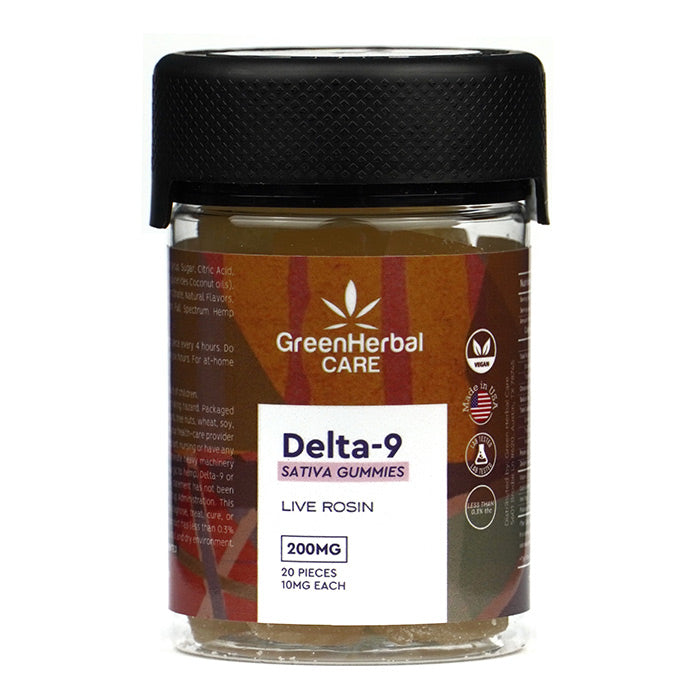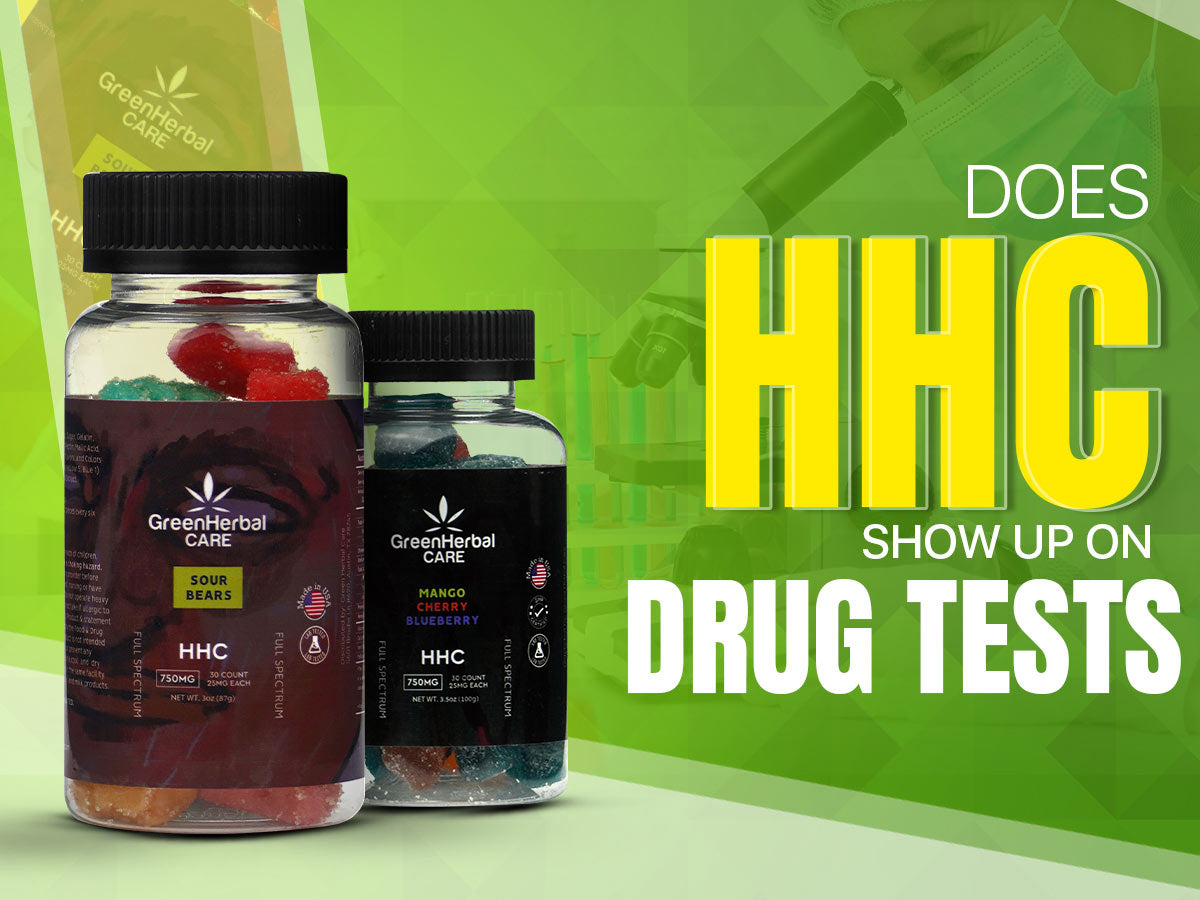Cannabinoids, of which tetrahydrocannabinol (THC) is one, are naturally found in cannabis plants. Scientists have already identified more than a hundred cannabinoids, each with slightly different effects on the body.
One of the newer cannabinoids making headlines is Hexahydrocannabinol (HHC). It’s basically hydrogenated THC — made by adding hydrogen atoms to THC’s structure, much like how vegetable oil is turned into margarine. This small change makes HHC more stable and resistant to heat and light.
But with HHC becoming more popular, especially in vape carts and gummies, one big question keeps coming up: Will HHC show up on a drug test?
Let’s break it down.
Note: HHC has only recently entered the market, and only a small number of vendors are selling it, primarily through the use of vape carts, making it difficult to make sense of. However, the particular cannabinoid has a great deal of promise, so you should expect to hear more about it shortly.
Does HHC Get You High?
Yes. Most people describe HHC’s effects as very similar to THC. Users often say it feels somewhere between Delta-8 and Delta-9 THC:
-
More relaxing than Delta-9.
-
Stronger than Delta-8.
-
Produces changes in mood, perception, and sensory awareness.
Because of this, HHC appeals to people who want a mild but long-lasting “high” without the intensity of traditional Delta-9 THC.
What is HHC?
How Long Do HHC’s Effects Last?
One unique thing about HHC is that its effects last much longer than THC. While THC effects might fade in a few hours, HHC can linger for 8–12 hours, depending on dose and tolerance.
This is because HHC is more chemically stable than THC, making it harder for the body to break down quickly.
HHC VS Delta-8: Are They Different? How?
How Long Does HHC Stay In Your System?

Like THC, HHC binds to fat molecules in the body. That means it doesn’t disappear right after the high wears off. Instead, it slowly releases back into the bloodstream and can be detected for days or weeks, depending on the type of test.
Here’s a general breakdown:
-
Urine Test (most common): Detects HHC for days to weeks, with heavy users at risk for 30+ days.
-
Blood Test: Detectable for up to 48 hours after use.
-
Saliva Test: Usually shows recent use within a few hours to 1–2 days.
-
Hair Test: Can hold traces of HHC for up to 90 days.
Keep in mind: frequency of use, body fat, metabolism, and dosage all affect how long HHC stays in your system.
Pro Tip: Preparation and letting the medication leave your system beforehand are always wise before undergoing a drug test. Do not depend on the above time chart, but use it as a guide. You should plan ahead of time to eliminate all traces of drugs from your system, ideally a few weeks before you have to take a test.
Does HHC Show Up on Drug Tests?
Here’s the important part: standard drug tests don’t look for HHC directly. Instead, they test for THC and its metabolites (11-OH-THC and THC-COOH).
HHC breaks down into similar metabolites (11-OH-HHC and HHC-COOH). Because these look almost identical to THC metabolites, most drug tests will flag them as THC — meaning you could fail a drug test even if you only used HHC.
Two more reasons you might fail:
-
Many HHC products contain trace amounts of Delta-9 THC.
-
Immunoassay tests (the most common type) often cross-react with HHC, treating it as THC.
Legal and Workplace Risks
While hemp-derived HHC is federally legal under the 2018 Farm Bill (if it has less than 0.3% Delta-9 THC), that doesn’t protect you at work. Employers usually treat a positive drug test the same way, no matter if it came from THC or HHC.
Some states are also starting to regulate or ban semi-synthetic cannabinoids like HHC, Delta-8, and Delta-10. This makes things even more complicated if you’re traveling or working in a state with stricter laws.
What To Do if You Test Positive After Using HHC
If you end up failing a drug test after HHC use, here are some steps that might help:
-
Ask for a confirmatory test (GC-MS or LC-MS/MS). These advanced tests can sometimes tell the difference between THC and HHC.
-
Keep product proof. Hold onto your receipts and Certificates of Analysis (COAs) showing the product was hemp-derived and under 0.3% THC.
-
Get legal advice if your job or probation is on the line.
HHC vs. Delta-8 and Delta-9 in Drug Tests
-
Delta-9 THC: Most likely to show up and stay in your system the longest.
-
Delta-8 THC: Also likely to cause a positive test because of similar metabolites.
-
HHC: Less researched, but current evidence shows it’s just as risky as Delta-9 when it comes to testing.
So, if your main concern is passing a drug test, none of these cannabinoids are “safe bets.”
Final Thoughts: Can HHC Make You Fail a Drug Test?
Yes. Even though HHC isn’t THC, your body processes it in a way that makes it look like THC on standard drug screenings.
Until drug tests become more advanced and start separating out HHC from THC, using HHC products comes with a real risk of failing. If you have an upcoming test — for work, legal reasons, or treatment programs — the safest option is to avoid HHC altogether.
Frequently Asked Questions
Does HHC show up in urine test?
HHC may show up in a urine test, but it depends on the specific compounds the test is designed to detect. HHC remains in the urine for about 48 days upon frequent consumption. However, you should check with the testing facility for accurate information.
Will HHC fail my drug test?
It depends on the test type and its sensitivity to specific compounds. While we think you’re unlikely to fail a test after HHC consumption, it is best to consult the testing provider first.
Can HHC be detected in blood test?
Like many cannabinoids, HHC has a distinct color. The scent’s strength can differ. So, if you are smoking it, be mindful of your surroundings.
Does HHC give you red eyes?
Different individuals react differently to HHC consumption. However, red eyes are not a common effect associated with HHC.
Can you smell HHC?
Like many cannabinoids, HHC has a distinct color. The scent’s strength can differ. So, if you are smoking it, be mindful of your surroundings.


